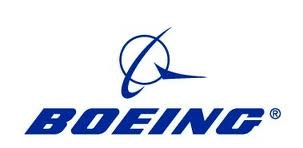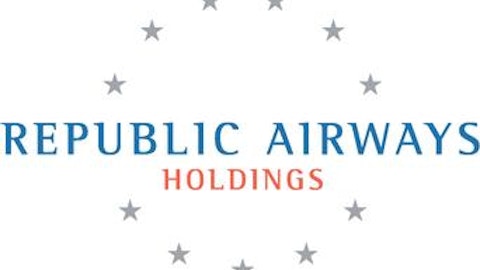
The B787 and the A350… two marvels of engineering.
The Boeing Company (NYSE:BA) has designed a new wide-body aircraft named the B787 “Dreamliner,” which aims for superior fuel efficiency, so that airlines’ operating margins grow. Airbus is competing against Boeing by developing the A350 model.
Unfortunately the Dreamliner has not had a smooth ride. Since the project was in the design and testing stages, there were several delays. In the beginning of 2013, all of the Dreamliners were grounded due to proof that there was a malfunction on its lithium-ion batteries which caused fires. After the company corrected the issue and the Federal Aviation Administration approved the revised design, the agency lifted the grounding on April 26, 2013. The 787 returned to service on April 27, 2013.
On July 2013, a tragedy involving another 787 occurred in San Francisco where an airplane crashed. However, evidence pointed at human error.
The latest incident involving a B787 occurred when an airplane caught fire at the London Heathrow International Airport. Although U.K. officials did not find evidence that the batteries were the cause for the fire, The Boeing Company (NYSE:BA)’s stock plunged some 5%.
Certain analysts may suggest investors pick up some shares after the sharp drop in price. However, I would advise steering away from the company for the time being until there is no ambiguity with respect to the fire’s causes. If the incident suggests there was a mistake in the design, the Dreamliners may be grounded again, and the company’s revenues may decline. In addition, several airlines are likely to seek for compensation in the event the grounding occurs.
From a fundamental analysis point of view, the company trades with a price-to-earnings ratio of 19.0, compared to the industry’s average of 22.5. According to its most recent earnings report, revenues declined by 3% to $18.8 billion, and its net income increased by 20% to $1.1 billion.
U.S. Carriers show love for Airbus!
On other matters, several U.S. carriers are retiring their The Boeing Company (NYSE:BA) aircraft, but they will be replaced by Airbus aircraft. US Airways Group, Inc. (NYSE:LCC) and Spirit Airlines Incorporated (NASDAQ:SAVE) will not operate any Boeing aircraft in the near future.
U.S. Airways will retire its The Boeing Company (NYSE:BA) fleet in the interim. Its fleet of B737-400s will be replaced by A321s. Also, the B757 fleet is scheduled to retire between 2016 and 2020. Lastly, the B767 will be retired in 2017, and they will be replaced by Airbus A330-200. The carrier has ordered 18 Airbus A350-800 and 4 A350-900 to use in long-haul flights.
Operational margins for the company should increase since newer, more fuel-efficient aircraft will be used in long-haul flights. Furthermore, with the merger with American Airlines the company’s exposure to international markets should significantly increase. Investors may expect higher revenues in coming quarters.
U.S. Airways may offer a better investment prospectus compared to The Boeing Company (NYSE:BA). The company trades with a P/E of 5.7, well below the industry’s average of 32.1. Revenues in the last quarter increased by 10% to 3.4 billion with respect to last year’s. Net income rose by 50% to 69 million.
Spirit Airlines Incorporated (NASDAQ:SAVE) is another airline that uses only Airbus aircraft. The fleet is composed of 29 A319-100’s and 19 A320-200’s. However, the company is experiencing strong passenger traffic, and it has ordered 53 A320-200’s, 45 A320-NEO’s, and 30 A321-200’s.



